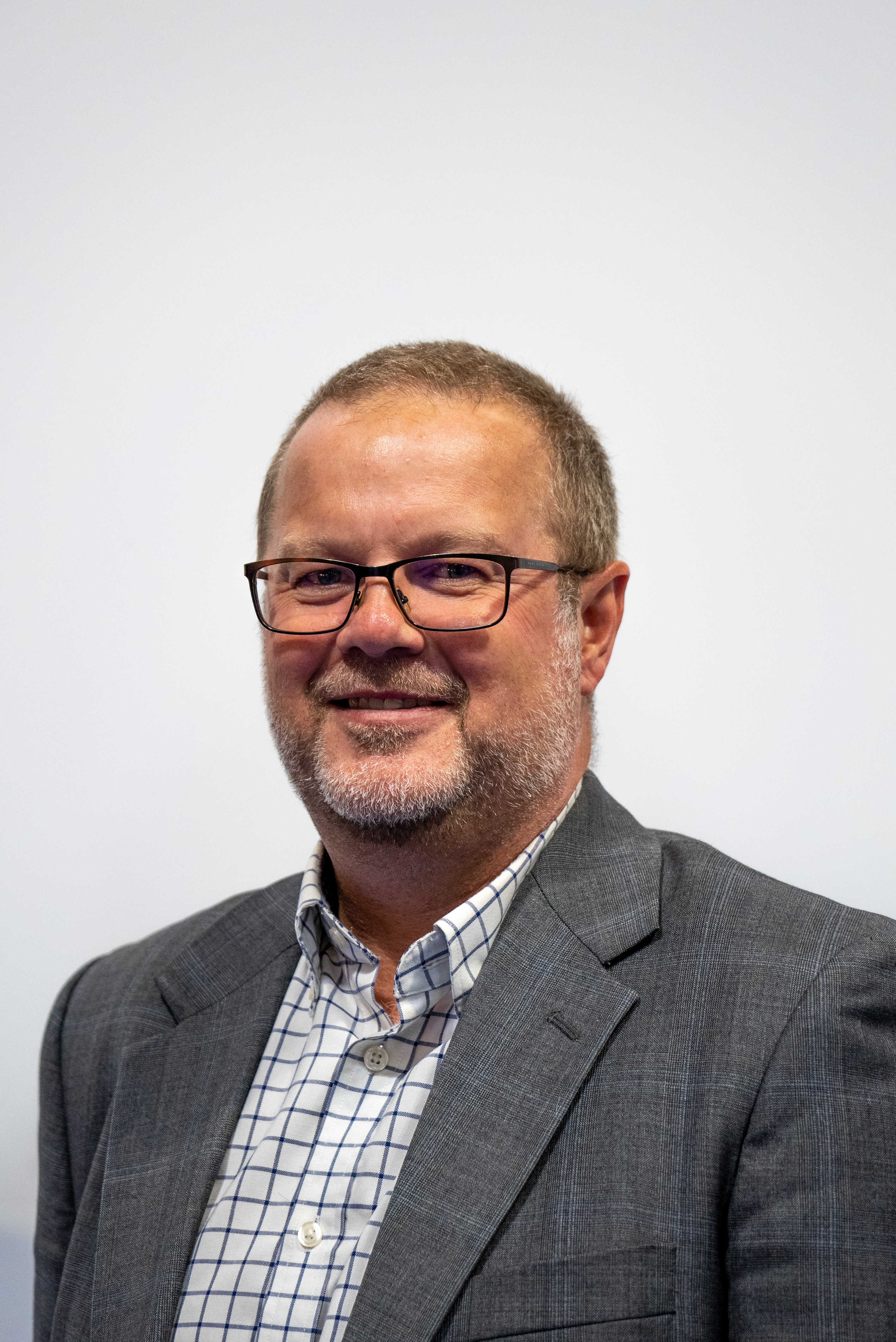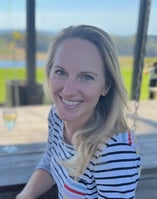
By Spencer Noble
On Dec 16, 2022
Read time
3 minutes
Cegedim’s Clinical Advisory Board: Reflections on our first year
In January 2022, we announced the establishment of our Clinical Advisory Board (CAB), bringing together a group of primary care and public health experts across the UK to provide strategic direction in support of our commitment to delivering smarter, user-centric clinical solutions.
Our aim behind inviting these healthcare experts to be part of the CAB was to enhance how we
“Listen, Act and Improve”, with two objectives in mind:
1. To gain insight into current day-to-day requirements clinicians have of their Electronic
Health Record (EHR) systems and immediate areas of improvement.
2. To understand how they see the primary care landscape evolving and the aspirational needs
they have for IT systems and expertise that will support them in delivering optimal patient
care.
During the course of the last year, we have had ten, extremely insightful meetings with the CAB. And, while we started with what we thought was a pretty clear direction we wanted to take – e.g. product level feedback - it very rapidly became apparent that actually, we needed to collectively unpick all the elements and workflows that happen during a typical GP/patient consultation and identify where all current systems in the market are falling short.
 As Dr Charlotte Gretton, CAB Managing Director, explains: “Cegedim has worked hard to listen to our thought processes during a patient consultation and how we perform the workflows around these – from ordering bloods, completing prescriptions to drafting letters. There is unfortunately a disproportionate amount of administrative work involved, a lot of which is currently still all manual. But the Cegedim product teams are taking our insights into developing solutions, ways of digitally linking all of these small parts together to make using the EHR streamlined.”
As Dr Charlotte Gretton, CAB Managing Director, explains: “Cegedim has worked hard to listen to our thought processes during a patient consultation and how we perform the workflows around these – from ordering bloods, completing prescriptions to drafting letters. There is unfortunately a disproportionate amount of administrative work involved, a lot of which is currently still all manual. But the Cegedim product teams are taking our insights into developing solutions, ways of digitally linking all of these small parts together to make using the EHR streamlined.”
If reducing the number of ‘clicks’ is one priority, another has been understanding what patient record information a GP needs to see before and during a consultation. Again, Dr. Gretton comments: “EHRs today are reactive. They contain a lot of historic information on a patient, not all of which is relevant or helpful when we have such little time in the consultation itself. What we’re actually looking for is a way of building a more holistic view of a patient’s current circumstances, a view that can help us focus in on the real issue more quickly and enable us to spend our time with our patients to achieve the best possible outcomes for them.”
To that end, we are working on a solution that will enable GPs to gain more information from patient records directly, providing a holistic view into not only physical conditions but mental wellbeing and/or environmental conditions impacting the patient prior to the consultation.
Last, but not least, looking ahead to an NHS built around Population Health Management, a key focus for the CAB has been moving to a proactive model of care and the development of digital solutions that facilitate this. Digital platforms/solutions that provide access to shared data and intelligence across EHR systems. Helping GPs to access and use live insights that enable them to be proactive, intervening before patients develop physical conditions based on their individual health journey, is the key to successful Population Health Management.
Dr Charlotte adds: “We all want to pick up diseases far earlier and the data exists, it currently isn’t easily accessible to provide insight. If we had a system that could flag up a patient who had gestational diabetes, for example, and proactively book them in for yearly blood tests – or have flags set up in the system to alert us to patients at risk of developing a chronic condition for a check, that would go a long way to supporting us as healthcare professionals in feeling like we’re achieving better outcomes for our patients and better managing our caseloads.”
While a year might seem a long time, we’re very much at the start of our learning journey towards intelligent, integrated and scalable technology solutions. At Cegedim Healthcare Solutions, we are dedicated to working in collaboration with healthcare professionals and partners to make sure that the solutions we develop are user-centric and drive improved outcomes for the population.
As such, we are immensely grateful to all of our Clinical Advisory Board members, for their valuable time and critical insights from practice and we look forward to the next year continuing to ‘Listen, Act, Improve’ together.

